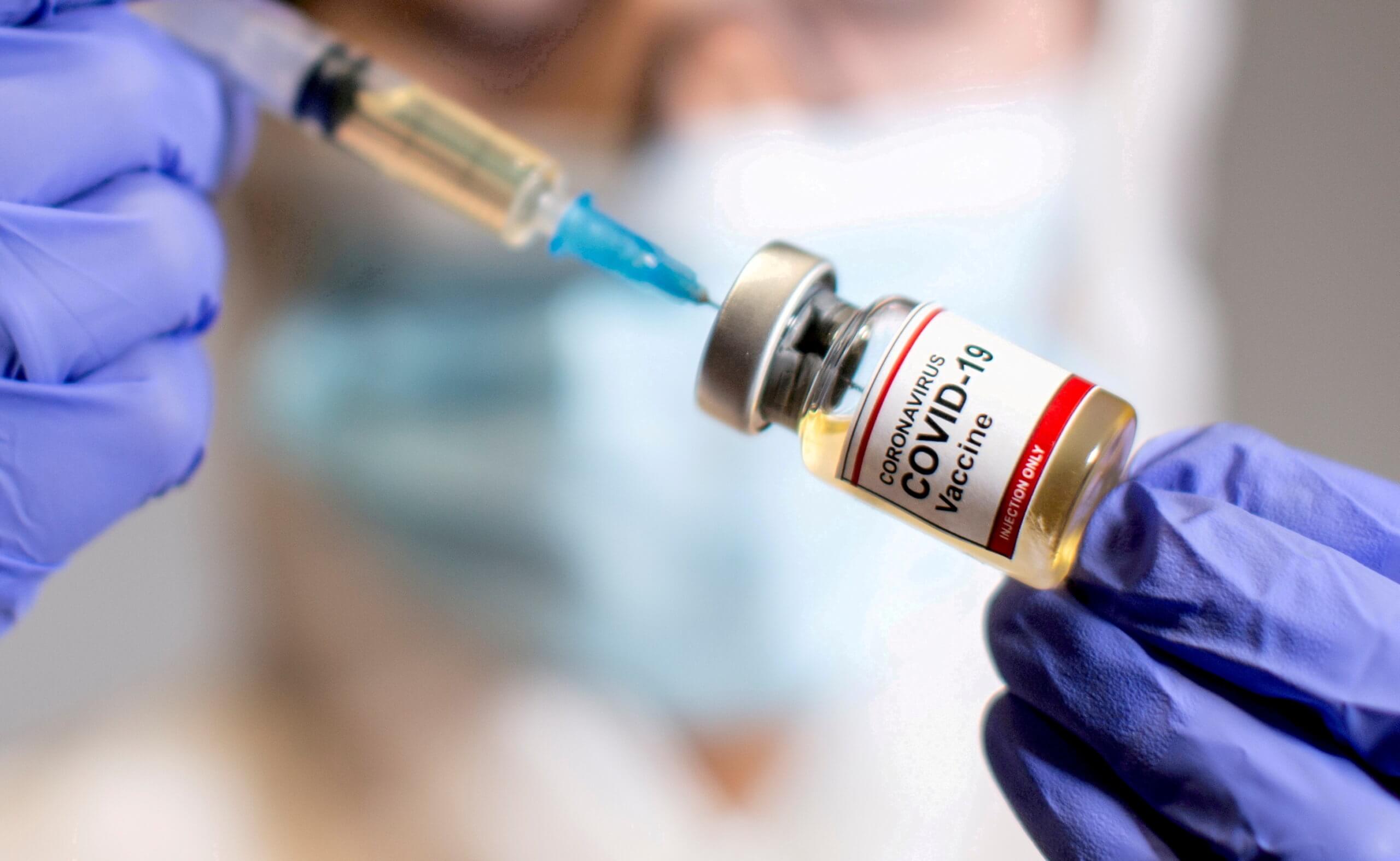
Vidya Sethuraman
India Post News Service
Boosters, also known as the third shots, are among the most hotly debated issues of the moment. The White House plan for expanded eligibility contradicts the Centers for Disease Control, which has advocated a tiered approach, prioritizing immune-compromised individuals and high-risk workers. Public health experts are also divided on the issue of who should get the third shot and when. Currently, only those who took the Pfizer vaccine for their first two shots are eligible for a third shot. Boosters are not yet available for people who got the two-dose Moderna vaccine or the single-shot Johnson & Johnson vaccine. Two panelists at the EMS briefing on Oct1 offered their own views first, followed by a lively Q/A with reporters.
People ages 65 and up and those at high risk of severe COVID-19 or infection are able to get a third dose of the Pfizer-BioNTech COVID-19 vaccine at least 6 months after their second injection.
Ben Neuman, Ph. D, Chief virologist at the Global Health Research Complex at Texas A&M University said that with the booster, people end up with five to ten times more antibodies. He considered that with additional doses of immunization against the coronavirus, it is essentially a question of moving from reasonable protection to a position of certainty and a better life without Covid-19. He pointed out that the information they have so far is that a percentage of people who are vaccinated and acquire Covid, will be hospitalized or will die from this virus. “As far as we know this will continue indefinitely. There is no data to suggest otherwise ”.
Dr. Monica Gandhi, MD, MPH, Professor of Medicine, UC San Francisco’s School of Medicine said there is evidence from the SARS pandemic of 2000 to 2003 that the people who survived still have very strong T-cell immunity; just like measles vaccines. And the vaccines also generate B cells that together with the T create important antibodies ”.
Dr. Gandhi summed up by saying that unvaccinated people are 20 times more likely to be hospitalized for the Delta variant than those vaccinated. “It is important to say that a study by the Mayo Clinic showed that there have been fewer infections, even mild ones, with the Moderna vaccine which is a higher dose than the Pfizer vaccine.” In conclusion, she stated that those who require a booster are patients with compromised immune systems. “They always need three or more vaccines than a typical three-dose vaccine in a row.” But it is also needed by those over 65 and those with frequent Covid exposures such as health workers. “It’s quite amazing what a two-dose vaccine does in terms of memory B and T cell storage.”






